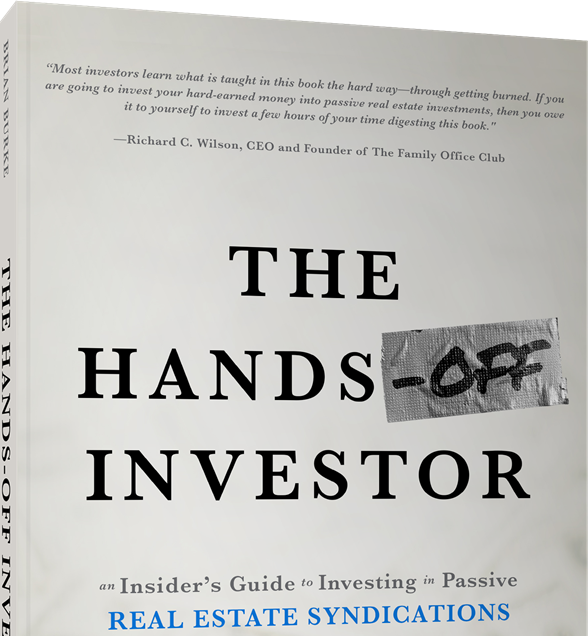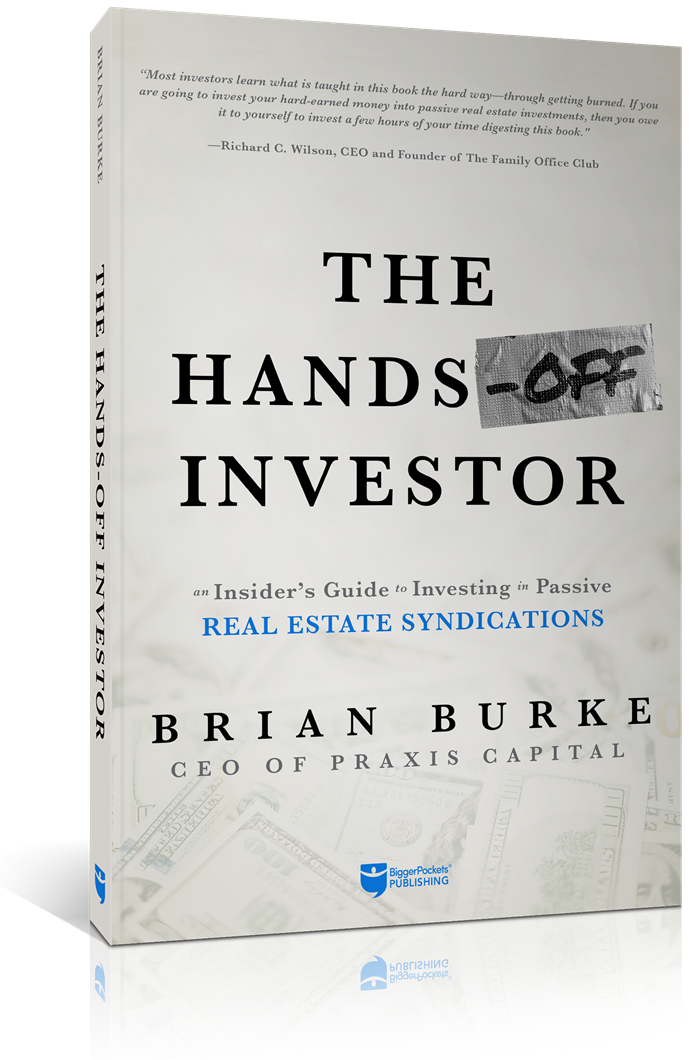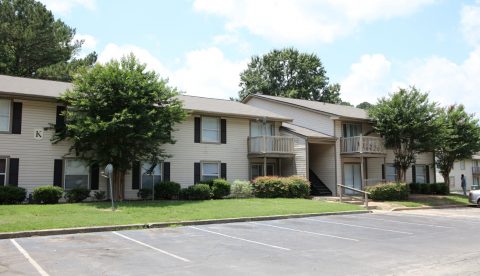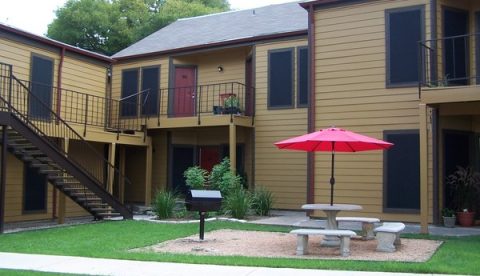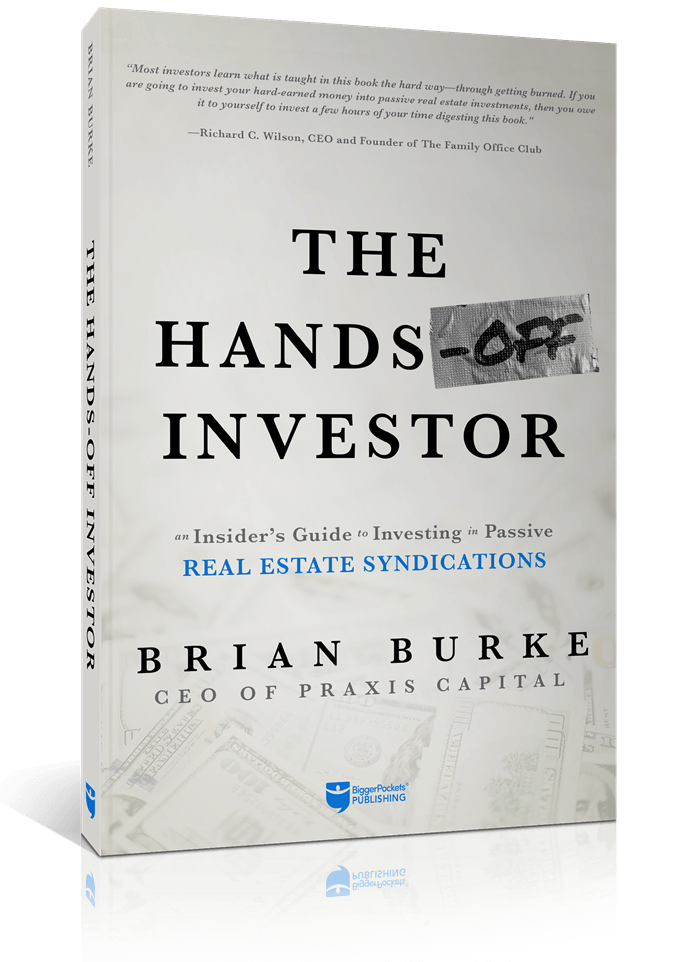Why the Wealthy Should Invest in Real Estate

It almost goes without saying that the investment markets have become more and more esoteric and arcane over the years – and, probably not coincidentally, more volatile.
Even the wealthiest investors of the late 20th century had no use for nor idea of such abstruse investment vehicles as collateralized debt obligations and conditional variance swaps.
In fact, it’s fair to say that less (complexity) is more (return). Just ask the scores of higher-than-high-net-worth people who preserve and maintain their fortunes by investing in the simplest and oldest investment there is – dirt, solid ground, terra firma.
Everything comes around eventually, and the rudimentary pillar of the economy that is real estate is unironically referred to by some analysts as an “alternative” investment. Perhaps those jaded analysts have a point. Real estate can offer a stable counter to the unpredictability that colors so many other modern-day investment vehicles.
One recent study shows that among a select subgroup of some of the ultra-wealthiest North Americans – people with a net worth in the 9- or 10-digit range – the largest share of that net worth is invested in real estate. More than in public equity, private equity, commodities or currencies.
Why the move to real estate? Are investors looking for something physical and immovable to hold onto in the event of worldwide chaos? A well-fortified place to call home and conduct business from while civilization crumbles?
Why the Wealthy Should Invest in Real Estate
No. The real reasons are considerably more prosaic. Real estate offers tangibility that other investments don’t, to be sure. But for another thing, it’s also improvable. That position in a short-term bond fund can’t be made more valuable and attractive to buyers on its own. At least not without market appreciation, which none of us have control over.
A piece of land, however, can provide a literal foundation for all sorts of income-generating improvements. Industrial, residential, commercial…the possibilities are as numerous as the investors behind them. Rich people seem to know this instinctively, but that shouldn’t stop the rest of us from grasping it.
More Stability

Speaking in general terms, real estate investing also attracts a less irrational type of investor. Sure, there’s the occasional aberrant bubble that ends up hurting or destroying the less worldly and more desperate speculators. But for the most part, serious real estate investing draws a more discerning kind of investor.
The kind who understands that when prices fall, that can be interpreted as good news: the market is having a sale, and everything must go. Leave the panicking to the people in the stock and bond markets.
Leverage
Yet another lasting benefit to direct investments in real estate is that they provide investors with the use of leverage. That strong, durable asset can be borrowed against time and again (within reason, of course, and always at a palatable interest rate) by those enterprising people who have ambitious plans, but not as much immediate cash on hand as they’d like.
When the people in the lower economic quintiles need currency in a hurry, their options are limited and usurious – payday loan companies and worse. When apartment building owners are in the same situation, their collateral can speak for itself.
Tax Advantages
Having established that it’s far easier to get rich through capital appreciation than by earning a salary, yet another advantage to investing in real estate makes itself known. A $10,000 raise is subject to confiscatory income tax rates. Whereas a $10,000 increase in the value of a real estate investment may be taxed at lower capital gains rates.
This is by design.
The taxing authorities’ rationale is that the risk involved in making a real estate investment warrants a smaller tax bite for the risk-taker. Otherwise no one would ever take risks, and the economy would never grow.
When the diligent wage-earner and the speculating investor watch their fortunes increase by the exact same amount, the former pays more of that amount in taxes. Some people think this is unfair, while others understand it as a fact of life and then look for ways to exploit it.
Inflation

The less-than-moneyed lose out in lots of other ways too. There’s a corollary to the point listed earlier, that real estate makes up a relatively large portion of rich people’s portfolios. Generally speaking, the smaller a person’s wealth, the greater the percentage of it that’s held in cash. (Think back to your own years as a young and struggling high school or college graduate.)
Also, that cash is routinely subject to reduced purchasing power in the form of inflation that hard assets just aren’t. You need to put your money somewhere, and that somewhere needs to offer a worthwhile return. The Depression-era mentality of liquidating one’s net worth and then stuffing it in a mattress (or almost as bad, a savings account) while riding out the next crisis didn’t make sense then, and doesn’t now. Fortunately, its last few practitioners have all but died off.
Building significant wealth is a Herculean task unto itself. But, maintaining and preserving that wealth requires mastery of a whole new set of skills. Already rich investors, whether legacy or nouveau riche, understand that the proper real estate investment offers lasting advantages of preservation that few other avenues can ever provide. Also, partial ownership of something like an apartment complex is simple to comprehend; certainly easier than the options, warrants, and other derivatives that make the securities market so intimidatingly complex to the amateur investor.
Contrast real estate with marketable securities. Even the hottest and most robust Wall Street darling runs the risk of dwindling in value, all the way down to zero. A position in Enron or the original (pre-2009) General Motors was worth thousands at one point, and nothing today. But real estate – specifically improved real estate, i.e. land with dwellings on it, or even just the dwellings themselves – has real value in practically any marketplace.
Why Real Estate is Key for Wealthy Investors
The American Dream of wealth that allows the holder to live comfortably is available to just about anyone who wants it and is willing to put in the necessary work. More importantly, the already-wealthy don’t have a monopoly on affluence. There’s no certification you need to complete to be able to advance from middle- or working-class status to something grander. Anyone can share in the vital knowledge that the rich regularly apply to preserve and enhance their investments. There’s no “secret”. Just an understanding of how to take advantage of such constructs as the tax code, accounting depreciation, and value-adding strategy.
There’s always room at the top for the disciplined and intelligent real estate investor. Knowing which private equity firm to partner with can account for a large part of that discipline and intelligence.
